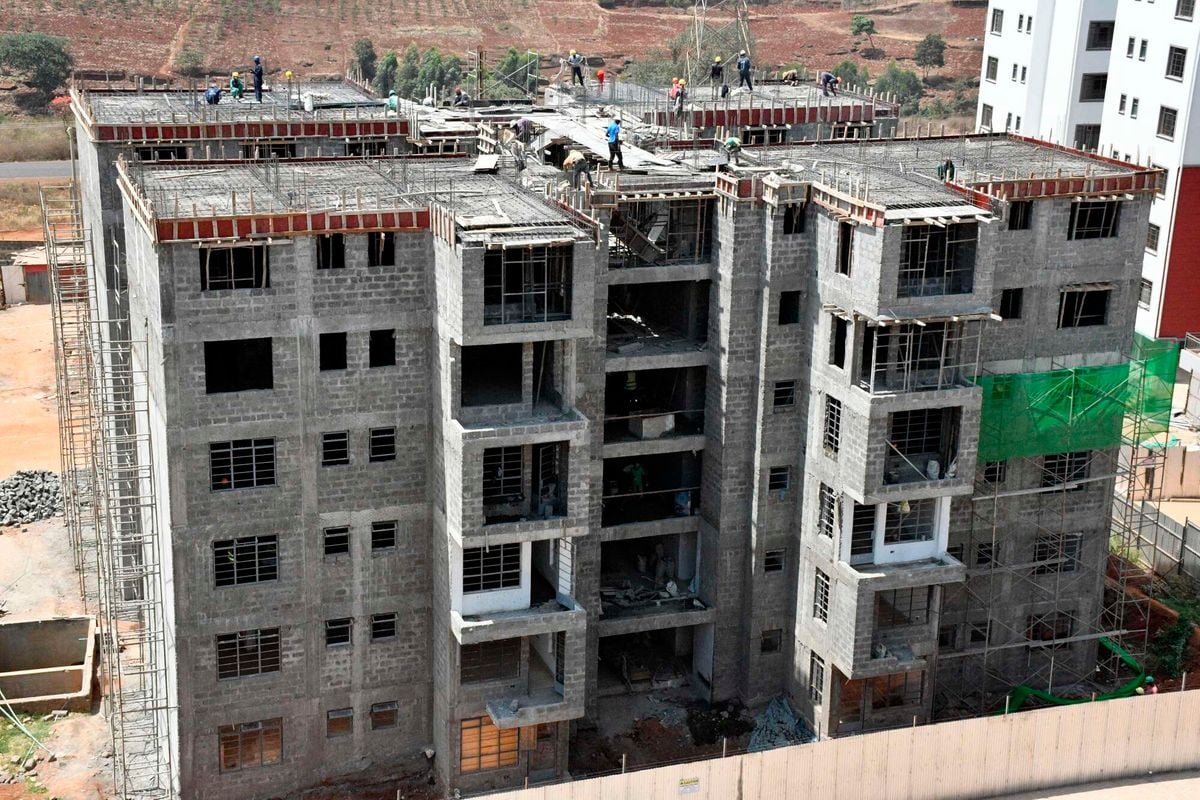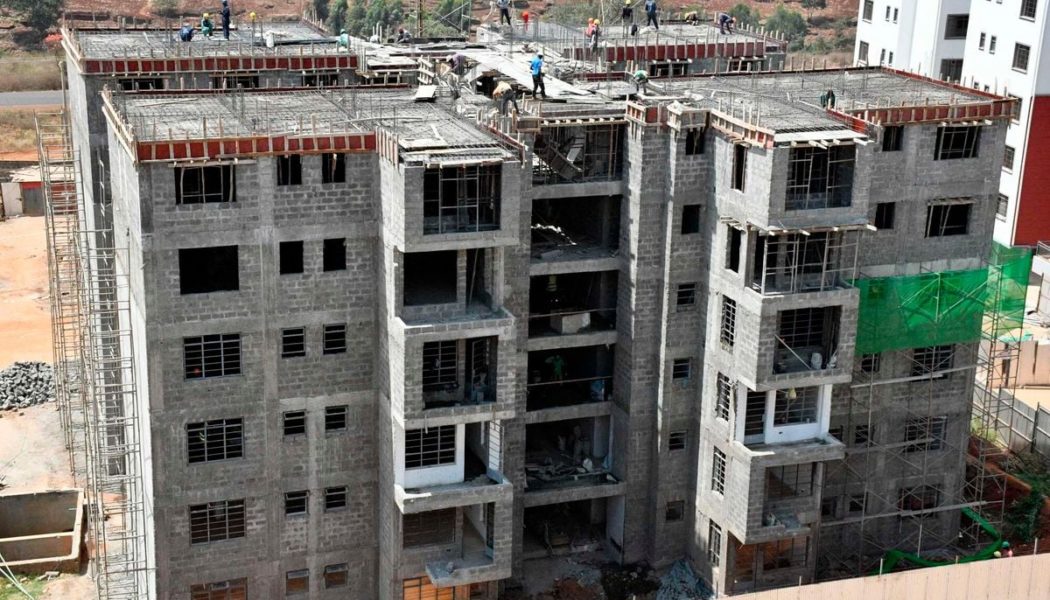
Property developer Home Bridge has been allowed to proceed with its construction of 652 apartments within Tatu City in a court ruling that could tilt the scales in favour of property owners entangled in approval disputes in special or controlled areas.
High Court judge Grace Kemei ruled that Home Bridge, the owner of Sh4bn Lifestyle Heights apartments, could proceed with construction of phase two of its project, having sought building approvals from the Ministry of Lands and Kiambu County after Tatu City refused to allow the project to proceed.
Home Bridge is also the property developer behind Lifestyle Gardens and Lifestyle Terraces in Syokimau.
The company is associated with businessman Peter Karoki.
Justice Kemei’s ruling has left the door open for property owners who feel that the regulating authorities in controlled areas such as special and economic zones, or gated communities, are placing unreasonable hurdles to block construction.
This is particularly so in situations where the regulating authorities have not contested ministry or county approvals granted to developers.
Building and utility approvals from the county or national government could be sufficient to commence construction in the controlled areas, even at the exclusion of development control companies or resident associations, especially where there is a standoff with developers.
Tatu City sued Home Bridge in 2023, through Ahmednasir Abdullahi Advocates LLP, in 2023, arguing that it is gazetted as a special economic zone, hence has first priority in issuing approvals, and wanted construction of Lifestyle Heights stopped.
In dismissing the application to stop Home Bridge from continuing with construction, Justice Gicheru also ordered Tatu City to pay the property owner’s legal costs.
Home Bridge, through Iseme, Kamau & Maema Advocates, argued that it only went to the Lands ministry and Kiambu County for approvals after Tatu City demanded Sh46 million in fees for the same permits.
The amount, Home Bridge argued, was exorbitant and extortionist as it was nearly seven times what the ministry and county levy for building approvals. Home Bridge paid Sh7 million to the ministry and Kiambu County for approvals.
Tatu City has a mixed use development sitting on 5,000 acres in Kiambu County, and which was gazetted as a special economic zone in 2017.
Home Bridge filed evidence that Tatu City was copied in the applications for the approvals, and ensuing feedback from the Lands ministry and Kiambu County.
On account of that evidence, Justice Gicheru said Tatu City could not claim that Home Bridge commenced construction without the necessary building approvals.
“The court finds that the defendant (Home Bridge Ltd) commenced construction after seeking and obtaining approval from the minister. The claim therefore that the defendant was developing the unit without approved plans is untenable. It is not disputed that the plaintiff (Tatu City) was involved in the process of approval undertaken by the Director (of Physical Planning, Ministry of Lands),” Justice Gicheru said in her ruling.
While lifting a 2023 order which stopped Home Bridge from construction, Justice Gicheru held that Tatu City’s case, at the initial stage, did not have high chance of success, hence will require a full trial to determine other issues raised in the suit.
Home Bridge owns 30 acres in Tatu City. It completed and sold units in Lifestyle Heights phase one on a 10-acre portion.
In 2022 Home Bridge started preparations for phase two on the 20-acre portion, when Tatu City’s development control company claimed that the developer needed to amalgamate the two pieces of land before construction.
Home Bridge sought a clarification from the Lands ministry, which held that the two developments by Home Bridge could be done on the two separate parcels.
Tatu City then sent Home Bridge a Sh46.9 million bill for the building approvals, sparking the dispute.
After full trial, the judge intends to determine who, between Tatu City and the Lands ministry takes precedence in issuing building approvals and whether national and county governments are subordinate to development control companies in such specials zones.
The trial is also expected to determine whether involvement of development control companies in issuance of approvals by national and county governments amounts to a waiver of their rights to take precedence in giving the green light to developers.
Involvement in this case is lack of objections when the ministry and county government issue approvals after copying the development control company in all correspondence with developers.
“Undoubtedly, at the preliminary stage, the court should not delve into substantive issues best reserved for the trial court but it suffices to state that the above questions serve to cast doubt on the probability of the plaintiff’s case, at least at the application stage,” the judge said.
Justice Gicheru added that Tatu City did not go to court with clean hands, as it left out crucial parts of the story and which would have likely seen its application for a stop order against Home Bridge rejected.
“The record shows that at the time of granting the interim injunction, the plaintiff did not disclose that it participated in the approval process granted by the Director (of Physical Planning) and that indeed gave its comments and recommendations which were considered before the approval was granted. The court finds that this was material non-disclosure thus the plaintiff fell short of meeting the approval of a court of equity,” Justice Gicheru added.
Home Bridge borrowed Sh2 billion from a bank to finance the project, and argued that the court’s stop order in 2023 came with the risk of additional costs and suits by contractors and home owners who had already paid deposits on the promise of timely delivery.









